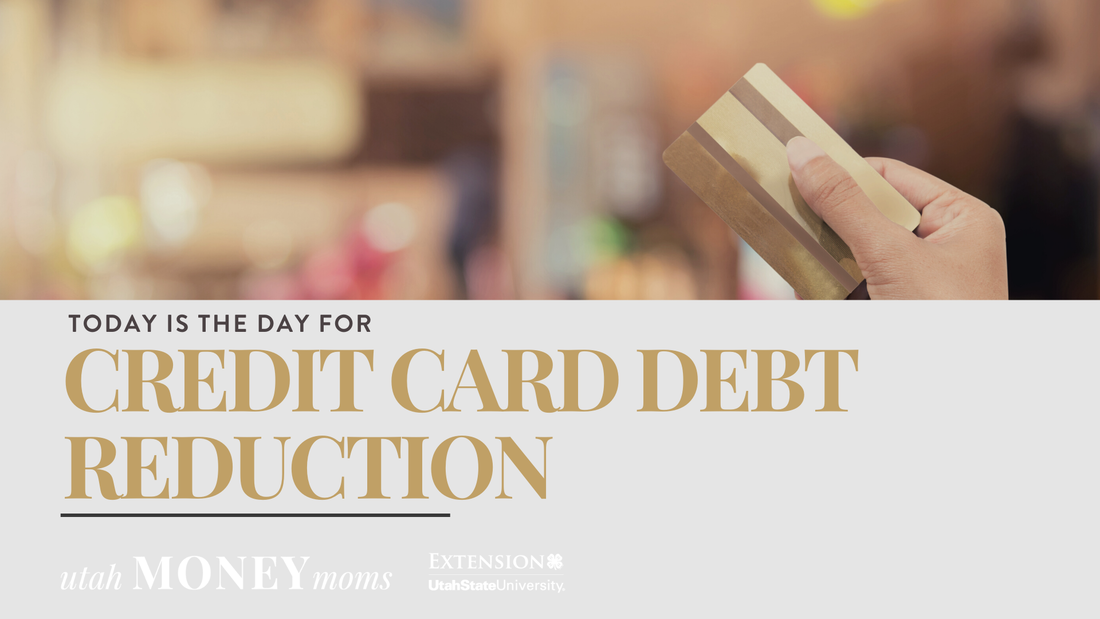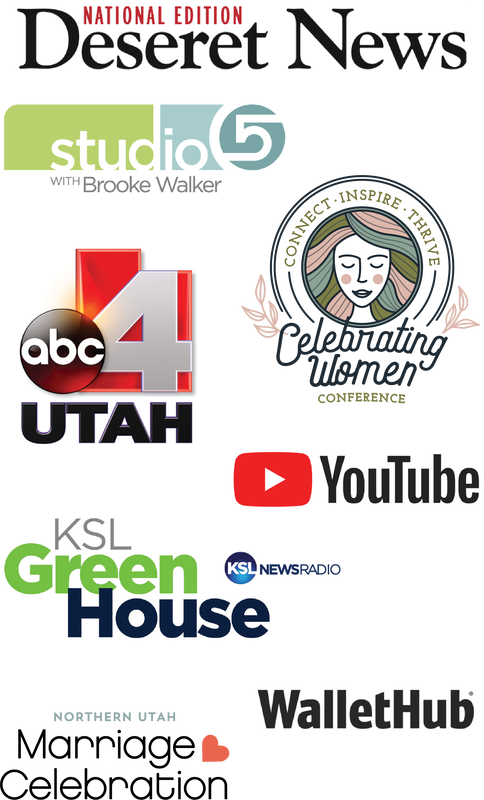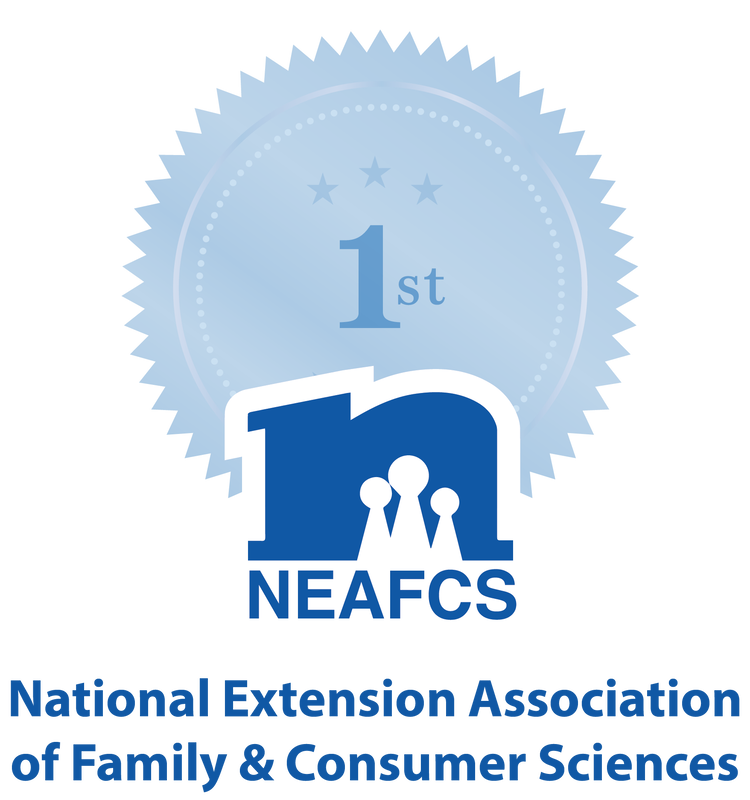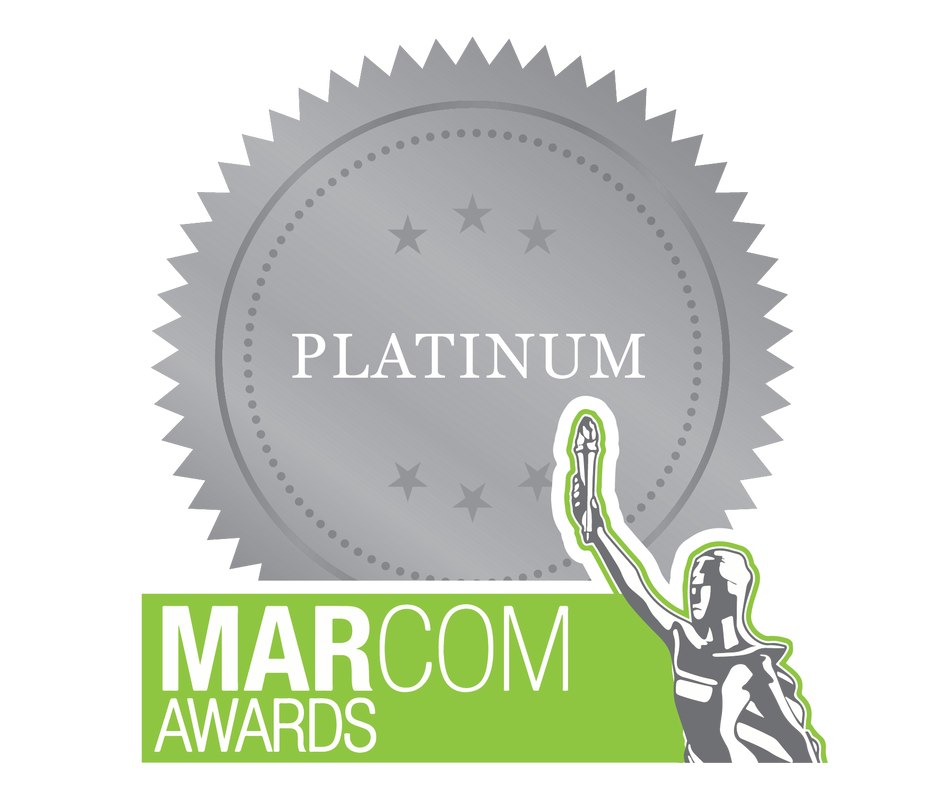|
Jerevie Canlas, Ph.D., CFLE, Empowering Financial Wellness Program Coordinator  In all fairness, credit cards are very convenient and help individuals build credit - because there are things that are not easy to purchase in cash. However, it’s really tempting to overspend with a credit card. If not used cautiously, excessive credit card use can put you years behind in your financial goals. Imagine this: you are using credit cards to build credit so you can purchase your own home. When you miss a payment or are not able to pay your balance in full, you might not be able to build good credit, so you end up getting a less desirable interest rate on a mortgage loan. What’s worse, since you’re paying off debt, saving for a downpayment for that dream home might take longer. Just with this scenario, the biggest advantage of credit cards is credit building, and the biggest pitfall is overspending and debt - exactly the things that will ruin the credit you’re wanting to build. Here’s a more concrete example: If you owed $2000 in credit card debt at 20% interest and only paid a minimum payment of $40 a month, it would take you 9 years and 1 month to pay it off - and that’s assuming you’re not adding any more to your balance. Not only that, you would also end up paying $2336.10 in interest. Now I don’t want that for myself, or for you my dear friends. That amount of money could have gone to your own pocket - seed money for a savings account, emergency fund, or two round trip tickets to Paris.
Since today, March 21st, is National Credit Card Reduction Day - what better way to celebrate than to start shaving off that credit card debt. If you find yourself managing credit card debt, our team here at Utah Money Moms is challenging you to do one or ALL of these THREE things to start shaving off that debt.
off your credit card debt? However your progress looks like, don’t forget to reward yourself for achieving your financial goals. Go and celebrate your victories, no matter how small they may be! We’re here to support your journey towards becoming debt free.
0 Comments
Your comment will be posted after it is approved.
Leave a Reply. |
TAKE A FREE CLASS!Host a ClassamandaSharing real-life money smarts to help you stay on track with financial goals while still enjoying life! Follow the fun on InstagramAS SEEN ONawardsBest of State 2022 & 2023: Personal Finance Education
1st Place National Award in Social Media Education from the National Extension Association of Family and Consumer Sciences
Gold Award in Blog Site category at the 7th annual Education Digital Marketing Awards.
Platinum Award in Digital Media, Web Design category at the International Marketing and Communication Awards.
Categories
All
|








